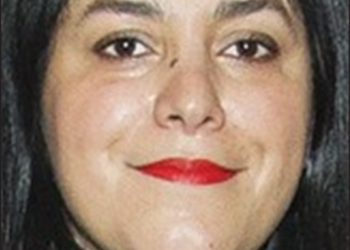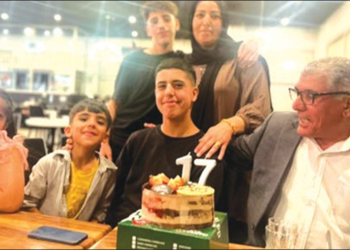The issue was a disagreement over the main issue facing the government—how to change the exemptions from draft military service now given to religious students.
Mofaz’s withdrawal from the government—in which he was deputy prime minister—may also mean a return to harsh anti-Iran rhetoric by Prime Minister Binyamin Netanyahu and other cabinet ministers. Mofaz wanted to lower the rhetoric on Iran, and it was lowered after he joined the cabinet, suggesting that was one of his conditions accepted by Netanyahu. If so, the level of rhetoric will likely rise with Mofaz’s return to the opposition benches.
With Kadima in the government, the governing coalition had a commanding majority of 94 votes in the 120-seat Knesset. With Kadima gone, the government has a much narrower majority of 65 seats.
Back in January, the Supreme Court ruled unconstitutional the law that exempts ultra-orthodox Jews from military and national service if they prefer to pursue religious studies. The court gave the government until August 1 to come up with a new law.
Mofaz told a news conference he rejected Netanyahu’s program to draft all ultra-orthodox but only after they reached age 26. Kadima wanted to limit the deferral age to 22.
A meeting of the Kadima faction in the Knesset voted 24-3 to support Mofaz’s proposal to leave the government over the draft issue.


















